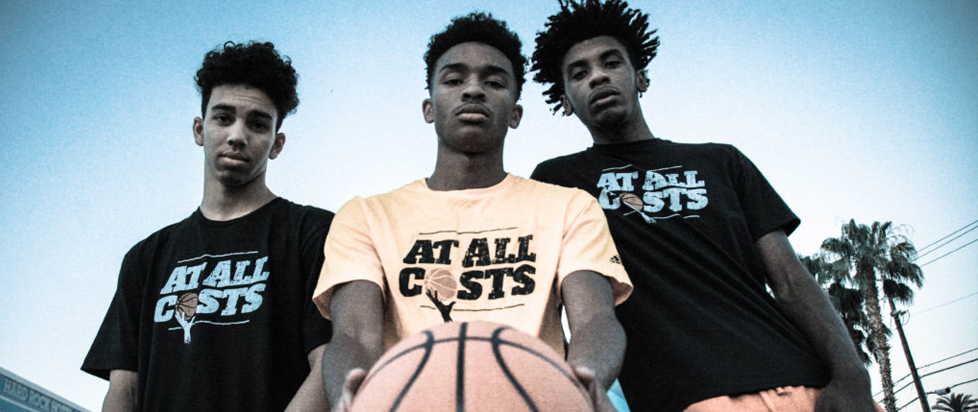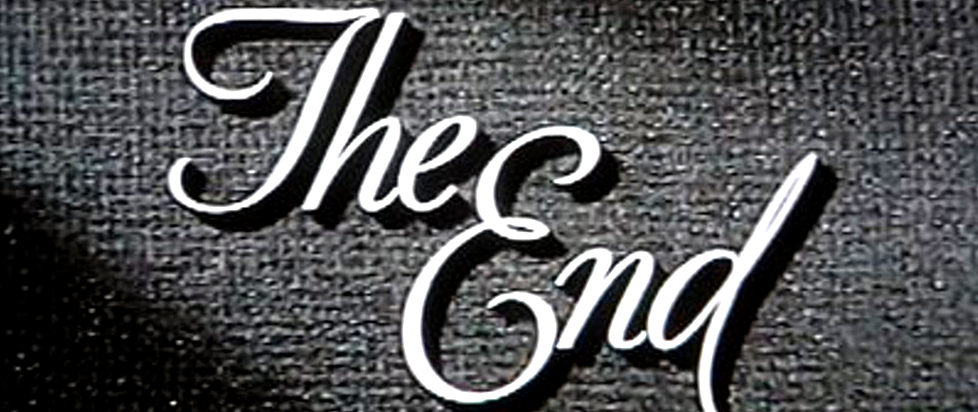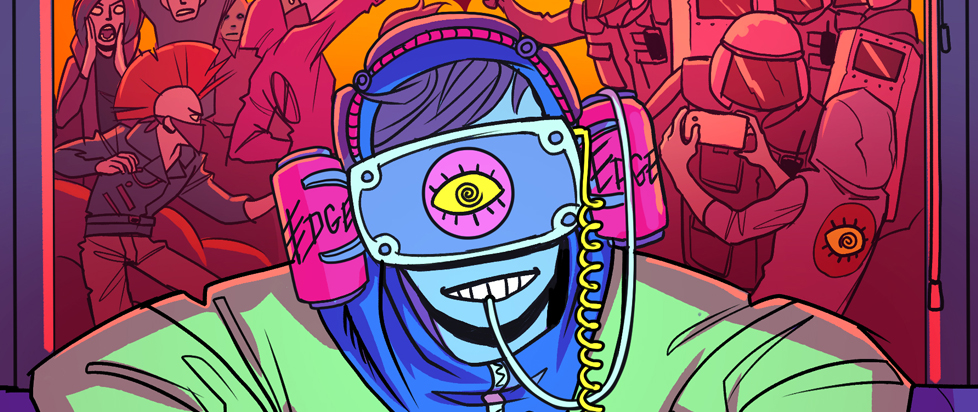
At All Costs
 Every week, Megan Condis and a group of friends get together for Documentary Sunday, a chance to dive into the weird, the wacky, the hilarious and the heartbreaking corners of our culture. This column chronicles all of the must-watch documentary films available for streaming.
Every week, Megan Condis and a group of friends get together for Documentary Sunday, a chance to dive into the weird, the wacky, the hilarious and the heartbreaking corners of our culture. This column chronicles all of the must-watch documentary films available for streaming.
———
This column is a reprint from Unwinnable Monthly #90. If you like what you see, grab the magazine for less than ten dollars, or subscribe and get all future magazines for half price.
———
America loves it when little kids do grown-up things. From cooking competitions to dance offs to fashion design contests, a good reality TV show is only ever improved when the contestants are pint-sized precocious pre-teens. When immense talent comes in a cute little freckle-faced packaged, what’s not to like?
But for some reason, the spell is broken when the subject shifts to kids’ amateur athletics. Sitting down to watch and episode of Friday Night Tykes (which FoxSports calls “the most depressing show on television) is like volunteering to vicariously re-live your worst school bully nightmares only the bullies are adults who are desperate to recapture their own youth and who don’t care how many children they have to psychologically torture to do so. The audience is invited to question the sanity of coaches and parents who subject their kids to these insane schedules and intense physical challenges. We scoff when they brag about how their little one could be the next Aaron Rogers or Julio Jones. But as documentaries like At All Costs (Mike Nicoll, 2015) demonstrate, delusional parents aren’t the only ones egging on these itty-bitty athletes. There is a lot of money at stake for the organizations and corporations that can nail down youthful talent early. Unfortunately, the amateur athletes themselves are the ones who tend to get nailed.
At All Costs takes an in-depth look at the Amateur Athletics Union basketball program for high school aged kids looking to grab the attention of college coaches and NBA agents. According to the documentary, AAU’s travel basketball tournaments have all but supplanted the high school season as a recruitment tool, primarily because they allow scouts to see tons of prospects all at once. This is great news for some kids from rural areas who might not otherwise have a chance to be seen. However, the special demands of the travel circuit impose a huge burden on the 15-18 year olds who are good enough to get invited to the party.
For example, the film explains that there is a good reason that AAU basketball takes place during the summer: because then the high school-aged athletes are considered “out of season” and therefore state rules about how much and how often a minor can be expected to compete are no longer in effect.
[pullquote] The AAU puts kids through a gauntlet of physical stresses above and beyond the typical high school season as a way to test for physical resiliency. [/pullquote]
There is a reason these rules exist. These kids are still growing and it is dangerous to expose them to too much repetitive trauma. In fact, the American Orthopaedic Society for Sports Medicine recently presented findings showing that overuse and overspecialization was leading to an increase in the number of reparative surgeries being performed on teenagers, who “might be left with a functional deficit that puts them at risk for future injury.” The AAU puts kids through a gauntlet of physical stresses above and beyond the typical high school season as a way to test for physical resiliency. But what happens to all of the kids whose bodies break down as a result of being pushed too far? They might be losing out on more than a scholarship or a spot in the draft. They could be compromising their ability to function long-term.
These AAU tournaments are more than just tests of stamina. They are, as one particularly astute parent puts it in the film, “apprenticeships” to prepare kids to enter the world of professional athletics. This means that in addition to training their abilities, these tournaments are designed to train kids up in the business of sports entertainment. They are habituated to the demands of constant travel, to the ever-vigilant eye of the media and to their responsibilities as brand spokesmen. Yes, these high school aged freshmen are already being courted by shoe and apparel companies. Corporations like Nike, Reebok and Adidas have figured out that it is much more cost effective to earn a future star’s loyalty early on in exchange for a few pairs of sneakers than it is to wait until they are world famous and can demand millions of dollars for an endorsement deal. They sponsor talented youth teams, paying for their travel and providing coaches with licensed apparel and equipment, in hopes that they will be remembered fondly if one of these young players makes it big. Unfortunately, this marketing deal puts a lot of pressure on these kids, who are encouraged to think of themselves as a part of a “brand” and not as a part of a team. The love of the game hardly enters into the equation.
The entire enterprise comes off as a kind of pre-emptive union-busting activity, an attempt to instill a set of corporatized values in these kids before they have enough real-world experience to know their own worth. And that is anything but cute.
———
Megan Condis is an Assistant Professor of English at Stephen F. Austin State University. Her book project, Playing Politics: Trolls, Fake Geeks, and the Game of Masculinity in Online Culture, is under contract with the University of Iowa Press.




